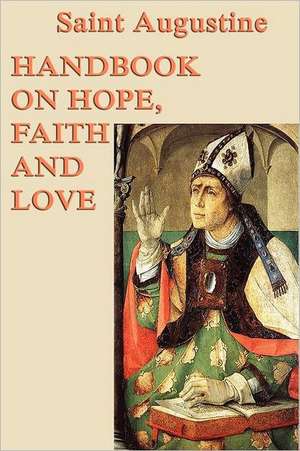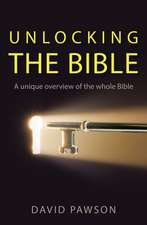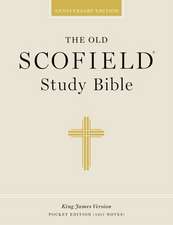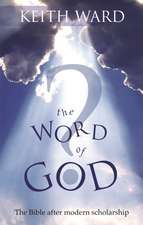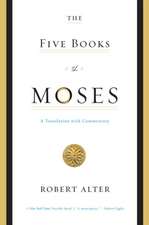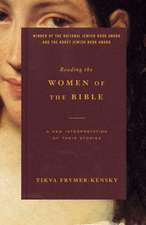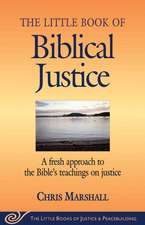Handbook on Hope, Faith and Love
Autor Saint Augustineen Limba Engleză Paperback – 23 ian 2012
| Toate formatele și edițiile | Preț | Express |
|---|---|---|
| Paperback (1) | 83.41 lei 6-8 săpt. | |
| SMK Books – 23 ian 2012 | 83.41 lei 6-8 săpt. | |
| Hardback (1) | 117.89 lei 6-8 săpt. | |
| SMK Books – 3 apr 2018 | 117.89 lei 6-8 săpt. |
Preț: 83.41 lei
Nou
Puncte Express: 125
Preț estimativ în valută:
15.96€ • 16.66$ • 13.21£
15.96€ • 16.66$ • 13.21£
Carte tipărită la comandă
Livrare economică 04-18 aprilie
Preluare comenzi: 021 569.72.76
Specificații
ISBN-13: 9781617206238
ISBN-10: 1617206237
Pagini: 94
Dimensiuni: 152 x 229 x 6 mm
Greutate: 0.15 kg
Editura: SMK Books
ISBN-10: 1617206237
Pagini: 94
Dimensiuni: 152 x 229 x 6 mm
Greutate: 0.15 kg
Editura: SMK Books
Notă biografică
Saint Augustine of Hippo (13 November 354 - 28 August 430 AD) was a Roman African, Manichaean, early Christian theologian, doctor of the Church, and Neoplatonic philosopher from Numidia. His writings influenced the development of the Western Church and Western philosophy, and indirectly all of Western Christianity. He was the bishop of Hippo Regius in North Africa and is viewed as one of the most important Church Fathers of the Latin Church for his writings in the Patristic Period.
Augustine was one of the most prolific Latin authors in terms of surviving works. He authored more than one hundred separate titles, including apologetic works against the heresies of the Arians, Donatists, Manichaeans, and Pelagians; texts on Christian doctrine; critical examinations of the bible; and many sermons and letters. Augustine is best known for his Confessions, a personal account of his earlier life, and De civitate Dei (The City of God), which he wrote to restore the confidence of his fellow Christians after the sack of Rome.
